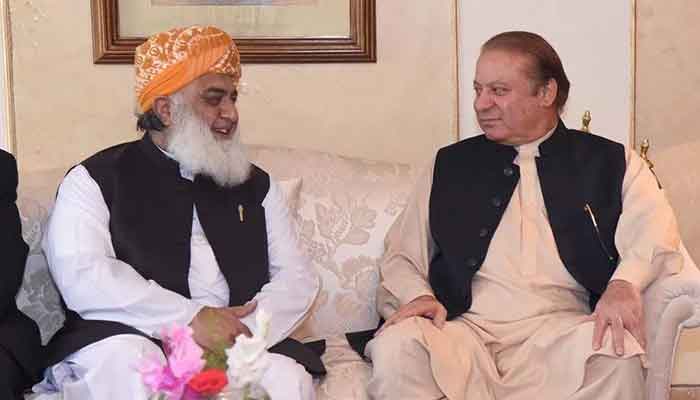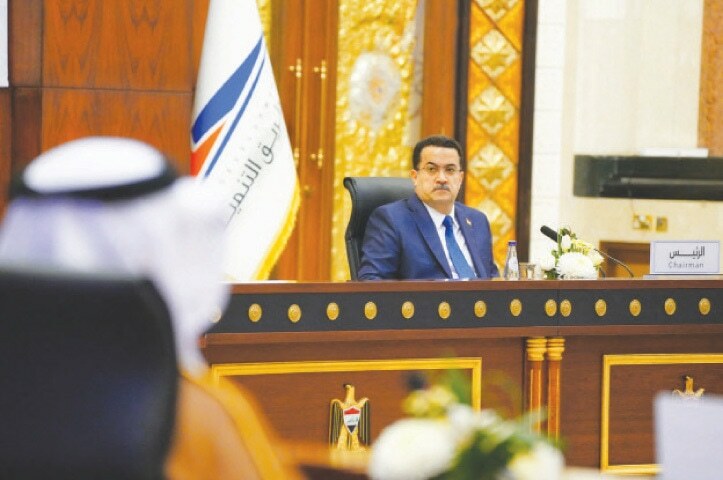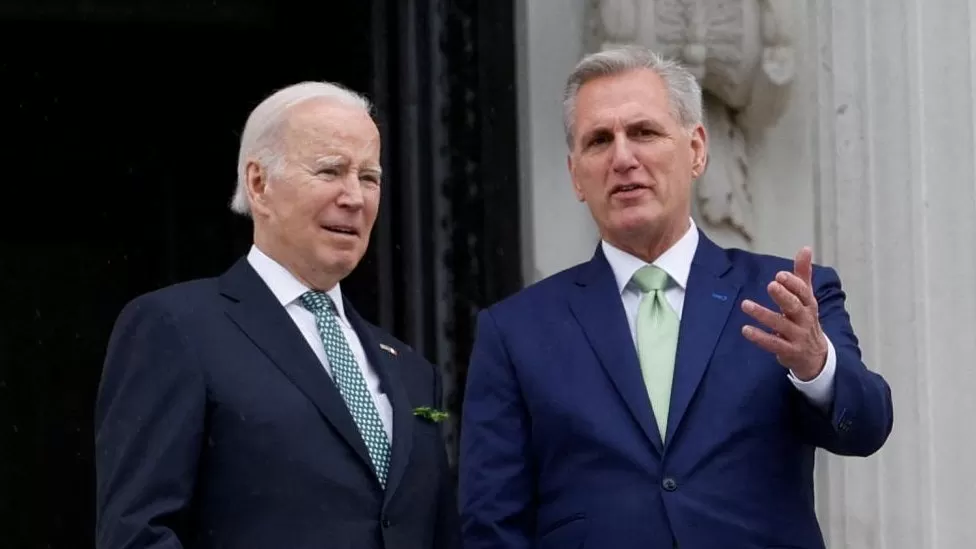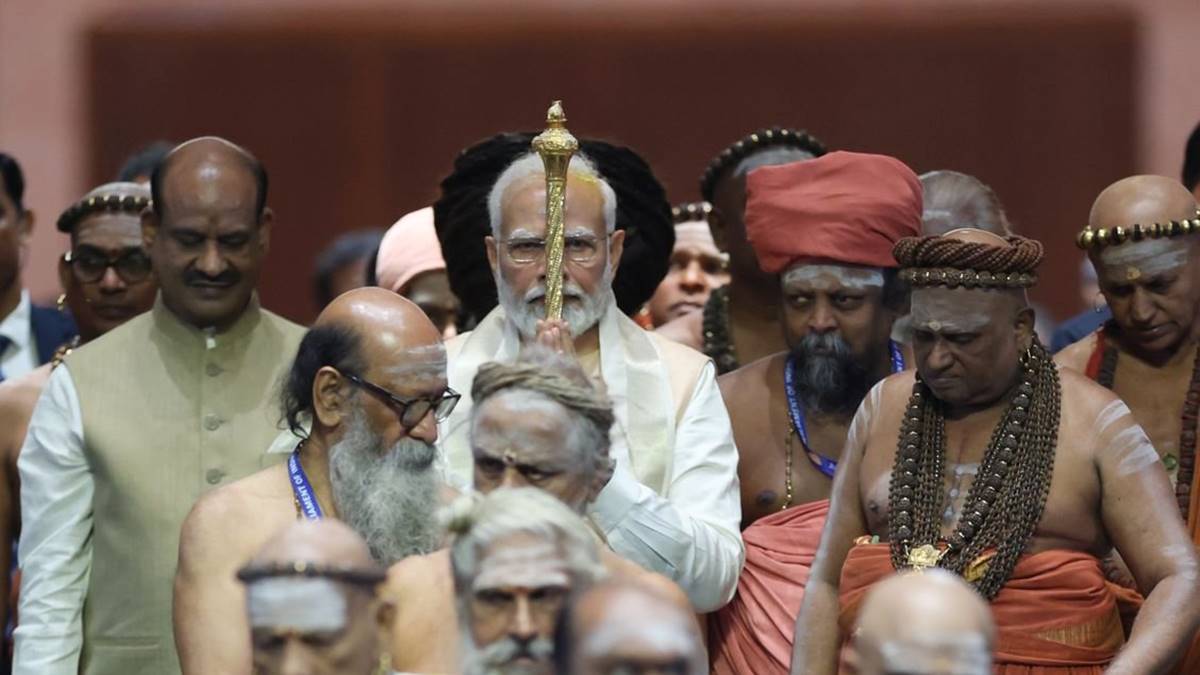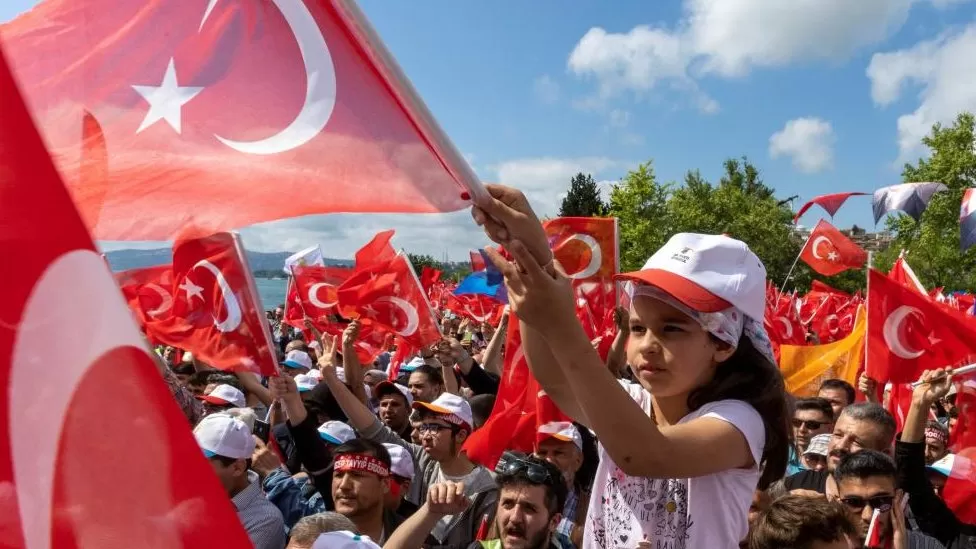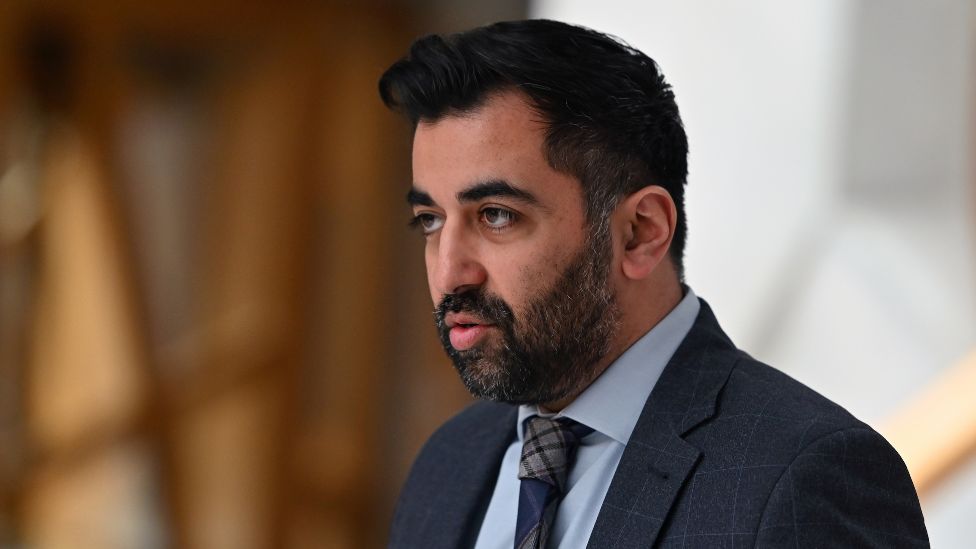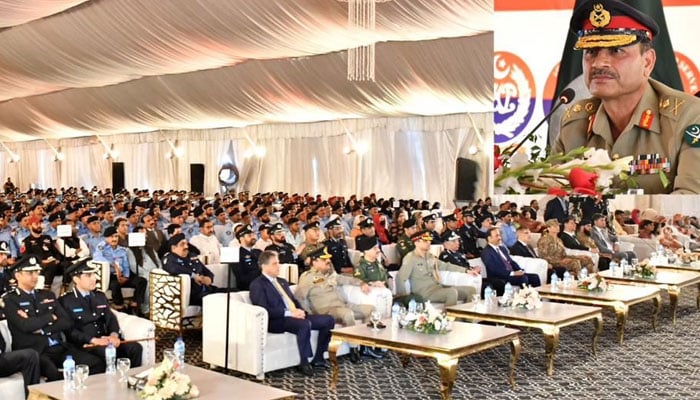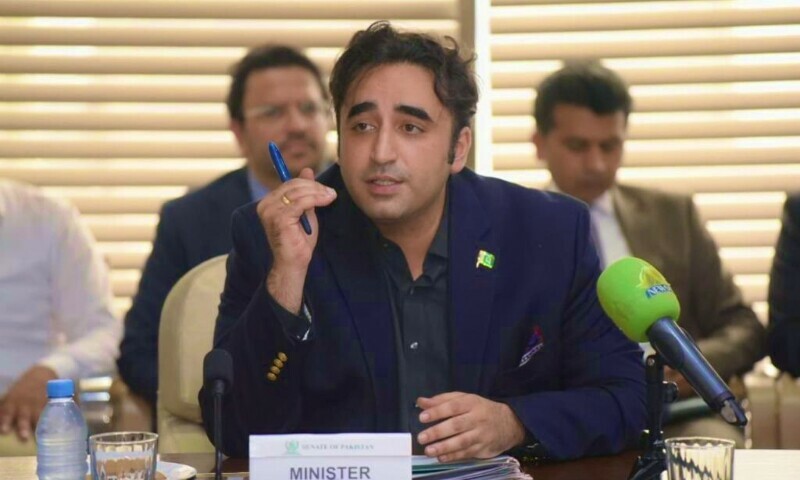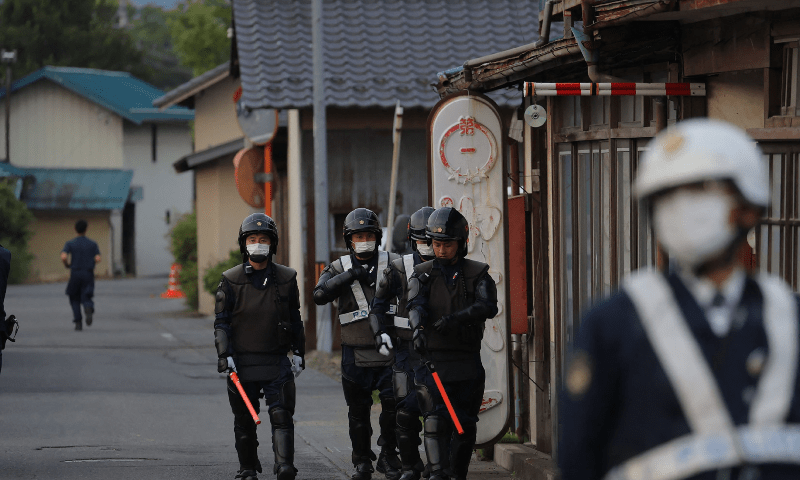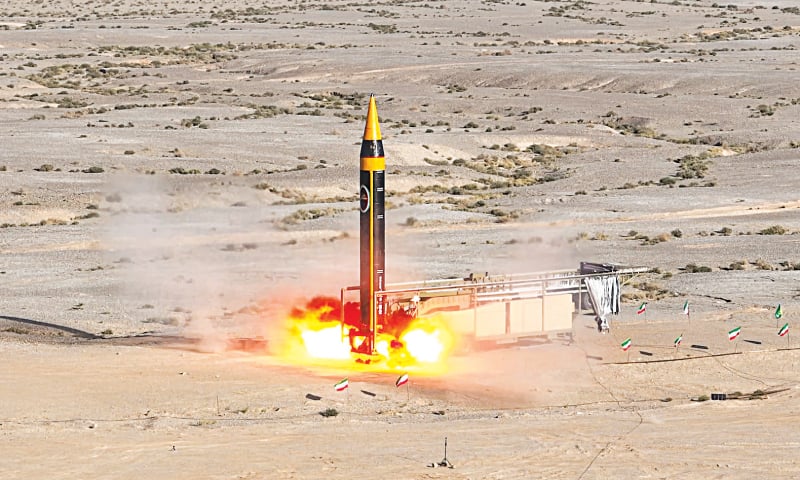Chief of Army Staff (COAS) General Asim Munir on Thursday said that whatever happened May 9 — the day when violent protests gripped the country after Pakistan Tehreek-e-Insaf (PTI) Chairman Imran Khan — was very sad and condemnable.
His comments came during his visit to the Police Lines Headquarters in Islamabad on the occasion of Youm-e-Takreem Shuhada-e-Pakistan (Martyrs Reverence Day) to remember and pay rich tribute to the martyrs who laid their lives while defending the motherland and its people.
The main event was held at the General Headquarters (GHQ), Rawalpindi with COAS Munir as the chief guest. During the ceremony, rich tributes were paid to the martyrs and prominent personalities laid flowers at the martyrs’ monument.
Those who attended the ceremony included former army chief Gen (retd) Qamar Javed Bajwa, former chairman joint chiefs of staff committee Gen (retd) Nadeem Raza, Pakistan cricket team captain Babar Azam, Mufti Muneeb ur Rehman and other members of the society.
The army chief was welcomed by the Inspector General of Police (IG) Islamabad Dr Akbar Nasir Khan where he addressed the police officials and families of the martyred policemen and personnel.
“Such behaviour will not be tolerated,” said the army chief, adding that the nation will not forgive or forget those who desecrated the memorials of martyrs and undermined their dignity.
Gen Munir said that the Pakistan Army, police and law enforcement agencies are the symbols of the state and the first line of defence that would render sacrifices for the dignity of the country and the people.
“I want to convey this message to the heirs of those martyred that the people of Pakistan and the Pakistan Army are standing and will continue to do so with the relatives of the martyrs of all law enforcement agencies,” he continued to say.
Gen Munir also invited the daughter of martyr Sepoy Imran, Azra, whose video condemning the May 9 events went viral. The army chief assured her that the sacrifices of the martyrs will never be forgotten.
“The Pakistan Army will always stand with you in every difficulty,” he said, adding that all the martyrs of the country are a source of pride.
COAS promises to stand with children of martyrs
The army chief also met the school students and children of martyrs present on the occasion. He said that the Pakistan Army was the heir of all children of martyrs. Thanks to the eternal sacrifices of the martyrs, army’s relationship with them was ideal and eternal, he added.
He pledged on behalf of the armed forces that the army would stand on their side always.
“A strong army is the guarantor of a country’s security and unity,” he maintained.
President Alvi, PM Shehbaz express pride over martyrs’ valiance
In his message, President Arif Alvi said that the entire nation is proud of its valiant martyrs who displayed the spirit of patriotism and fearlessness in testing times throughout history.
“The nation owes to the heroism and sacrifices offered by the jawans (soldiers) and officers of our armed forces, including Pakistan Army, rangers, air force, navy, police, and other security institutions that made Pakistan’s defence impregnable,” a press release issued by President Secretariat Press Wing stated.
The president acknowledged the armed forces’ services for crushing the menace of terrorism and assisting fellow countrymen during natural calamities and pandemics.
“Let us pledge on this day that we will never forget our valiant martyrs and reiterate our commitment to always honour them and express our undying love for these brave sons and daughters of the nation,” the statement added.
Meanwhile, PM Shehbaz Sharif urged the people, especially the children, to visit monuments and graves of martyrs and shower flowers on them as a sign of affection and respect. He said Pakistan should show the world that it is a nation that holds its martyrs in veneration and affection.
He said that martyrs’ reverence day is being observed to pay glowing tribute to the heroes and express unflinching solidarity with their families.
In a detailed tweet, the prime minister regretted and condemned the May 9 violence and desecration of martyrs’ monuments, saying that the incidents gave the enemy a reason to celebrate.
“Our nation knows how to protect the honour of their martyrs. […] Today we revive and reiterate our pledge to uphold the honour and respect of our Shuhada. The essence of Pakistan’s existence lies in the spiritual covenant between its people and the martyrs,” PM wrote on Twitter.
Moreover, the chairman joint chiefs of staff committee, tri-services services chiefs, retired services officers and representatives of civil society also paid tributes to martyrs of Pakistan, a statement released by Inter-Services Public Relations said.
They said the sacrifices of the martyrs are eternal and will continue to inspire future generations of countrymen.
“These sacrifices will never be forgotten, irrespective of vicious propaganda by the enemies of Pakistan,” it added.


